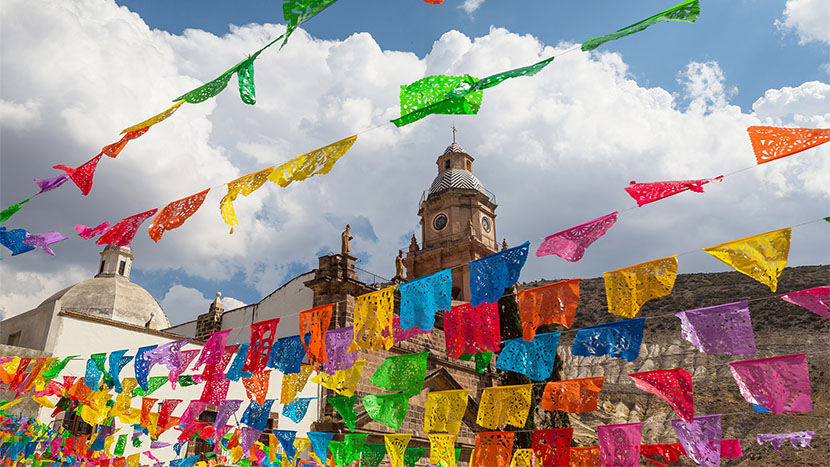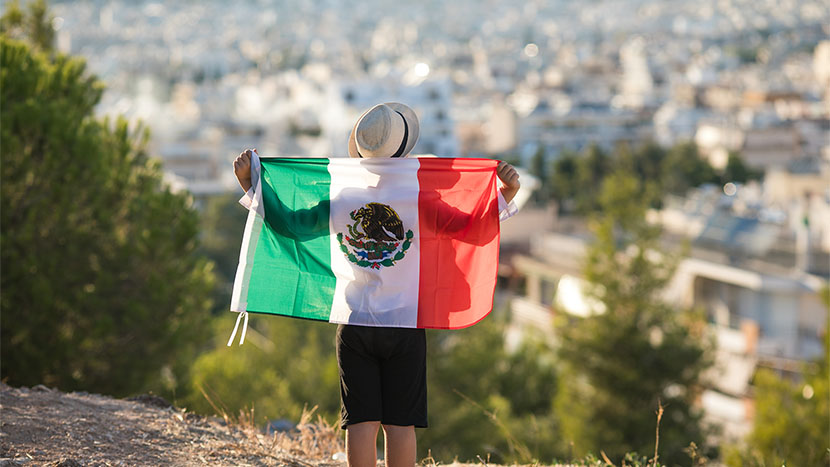Filming Your Next Project in Mexico? Few Slang Words You Should Know
Planning to shoot your upcoming project in Mexico? Beyond the picturesque locales and vibrant culture, understanding the local slang can be a game-changer for filmmakers. Mexican slang adds an authentic touch to your project, creating a connection with the audience and the community. In this guide, we’ll delve into some key slang words that will not only enrich your language arsenal but also help you bridge the cultural gap during your shoot in Mexico.
The Essence of Mexican Slang:
Slang forms an integral part of any language, embodying the vibrancy and evolving nature of communication within a culture. In Mexico, slang not only serves as a linguistic tool but also as a reflection of societal attitudes, humour, and identity. It bridges the gap between formal language and everyday conversation, adding colour and personality to interactions.
Guey
Guey is a casual word used as a form of address and to refer to someone without using their name. It is similar to the English words “dude,” “mate,” or “guy.” While it can be used as an insult, it is more commonly used in a friendly context. Originally a crude epithet, guey has evolved into a more polite and informal word, spelled both as “guey” or “wey.” It is a popular term in Mexican Spanish and can be heard in greetings or responses to invitations.
Example:
- “¿Qué onda, guey? ¿Cómo estás?”
- “What’s up, dude? How are you?”
Fresa
In Mexican culture, “fresa” describes someone perceived as upper-class, often with a stereotype of being materialistic and spoiled. Fresas may mix English words into their Spanish and have a distinct accent. Their fashion can be a combination of different styles. When interacting with a fresa, you might use phrases like “eso es chulo” (“that’s cool”) or “eso que ni que” (“that’s for sure”) to fit in with the conversation.
Example:
“Esa chica siempre habla como fresa.”
- “That girl always talks like she’s posh.”
Exclamatory Phrases
“Chafa”
Chafa is used to describe something of low quality or poor standards. For example, you might hear “Esa película está muy chafa” to describe a subpar movie.
Another Example:
- “Compré unos audífonos muy baratos, pero resultaron ser chafa.”
- “I bought some very cheap headphones, but they turned out to be of low quality.”
“Ni modo”
Ni modo is a common phrase expressing resignation or acceptance of a situation, roughly equivalent to “it can’t be helped” or “that’s how it is.”
Example:
- “Perdí mi teléfono, ¡ni modo, tendré que comprar otro!”
- “I lost my phone, oh well, I’ll have to buy another one!”
Idioms
Mexican slang can help express yourself more naturally and connect with others.
For instance…
“Que fresa”
This phrase might describe someone’s snobbish behaviour, indicating they act superior to others.
Example:
- “Mira cómo se viste y habla, ¡qué fresa!”
- “Look at how she dresses and talks, she’s so snobbish!”
“Chido”
This word means “cool” or “awesome,” akin to an enthusiastic affirmation like “awesome!” You might use it to express surprise or approval, as in “¡Qué chido! This is so cool.”
Example:
- “Ese concierto estuvo muy chido.”
- “That concert was really cool.”
Conclusion:
These expressions are more than just words; they’re a vibrant part of Mexican culture. Incorporating Mexican slang into your project can elevate the authenticity and resonance of your narrative. These colloquial expressions serve as linguistic bridges, connecting your work with the heart and soul of Mexico.


































































































